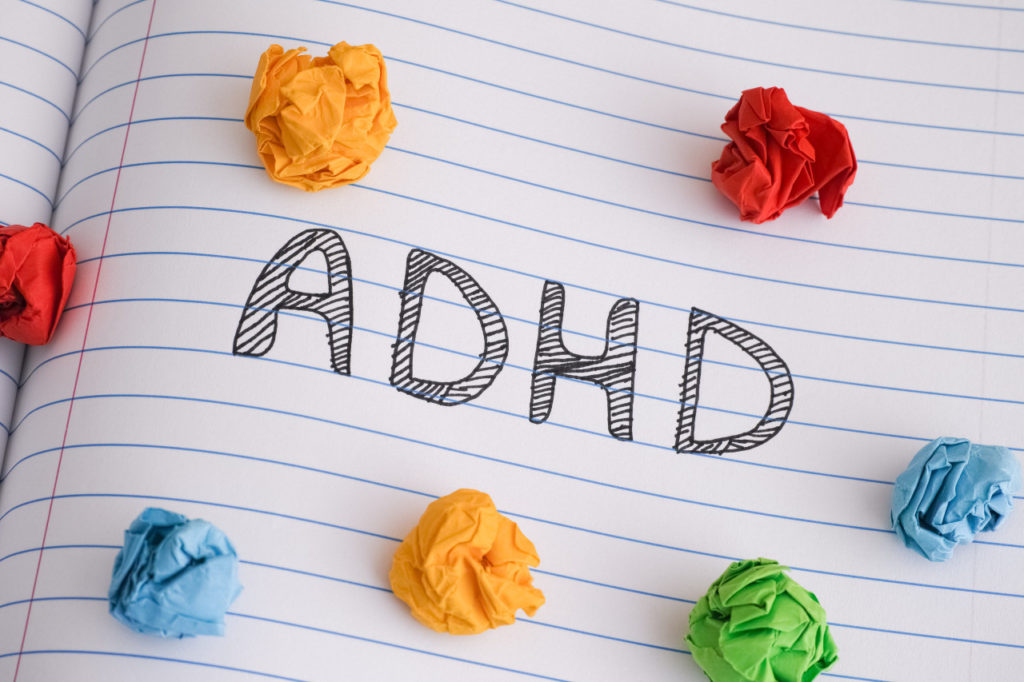When you have a child that has been diagnosed with ADHD, life often feels overwhelming, stressful and chaotic. It is easy to feel like you are not in control of your life and family, and to simultaneously feel like you are failing as a parent. It is hard to know exactly what to do especially since you most likely have tried multiple strategies and none seem to work, or might even have made things worse.
Knowledge is empowerment. The first step is to educate yourself and all of your family members on ADHD, what struggles and strengths are part of the diagnosis, and what techniques and strategies are helpful versus harmful. Only ADHD-focused strategies will be effective because they will get to the root cause of the behaviors themselves. At Dandelion Family Counseling, we focus on the educational piece first. We talk about what is going on at home and school, focus on developmental stages and truly come to understand the diagnosis in order to guide interventions and techniques utilized at home.
Below are 10 tips on structuring and organizing the life of a child with ADHD that you can be utilized as you are getting familiar with ADHD:
- Create predictable schedules and refer to them often. Kids need to know what to expect and what is expected of them. Give warnings and preparation if changes will occur; however, try to avoid unannounced changes as much as possible. Simplify instructions, schedules and choices. Providing repetition, direction, limits and structure all reduce the inner chaos that comes with ADHD which improves productivity and a sense of control.
- Use concentrated reminders. These can be lists, schedules, alarms, etc. The more visual these can be the better.
- Give frequent feedback. Kids with ADHD don’t see what they’re doing while they are doing it. Don’t wait until the end to give suggestions or feedback. This also helps with self-observation which is often hard for kids with ADHD.
- Kids with ADHD need and benefit from praise/encouragement. The most devastating effects from ADHD isn’t the ADHD itself, but the secondary issues that develop as a result such as damaged self-esteem, depression and anxiety. Make an effort to praise effort and progress more than the end product. A tip to help with this is working on a 3:1 ration – providing 3 positives for every 1 negative/corrective comment.
- Make eye contact and utilize physical touch to gain attention. Kids with ADHD can often start daydreaming or “spacing out” (which is also referred to as “tuning out” and is involuntary). Once you gain your child’s attention ask them to repeat back what you asked them to do to ensure they heard and understood you.
- Allow escape outlets. It is always better to leave than to “lose it.” Breaks are crucial so allow for quick breaks after every completed task. This helps regain focus and concentration and can function as a motivating reward for your child to complete tasks.
- Create incentive plans. Kids with ADHD are born entrepreneurs; therefore, they are much more likely to work towards something in order to get rewarded. Goal oriented self-motivation is a skill that gets impacted by ADHD; therefore, is much more difficult for your child, especially with the boring and mundane daily tasks that need to be accomplished.
- Allow for natural consequences whenever possible. These are not always possible; therefore, use logical consequences instead during those moments. However, natural consequences will always be preferred and a much better “discipline” tactic for your child. Utilizing both natural and logical consequences help teach your child cause and effect and the impact of their decisions, which are life-long lessons.
- Ask your child for input on what would help. Often we as adults think we know what the best solution is to every problem especially when it comes to our children. However, there are many times where our solutions don’t work and the reason being is that the problem isn’t what we thought it was. Asking your child for input on what is difficult in a task and what they think will be helpful for multiple reasons. Some of these are ensuring your child gets a say in something that directly impacts them, which automatically limits power struggles since your child feels like they have a sense of control. Additionally, it allows your child to share with you insight on what is difficult that you might not have been aware of which will help in long lasting and more effective remedies. Your child might have many helpful and creative solutions that might work. And lastly, this will help improve your relationship with your child as it creates an “us vs the problem” mindset.
- Consider a tutor for school work. If your child is struggling with schoolwork, it may be time to look into a tutor as an extra resource and support outside of school.
If you need support and help on implementing home strategies as well as understanding more about ADHD, reach out to Dandelion Family Counseling to schedule an appointment and talk to one of our therapists.

